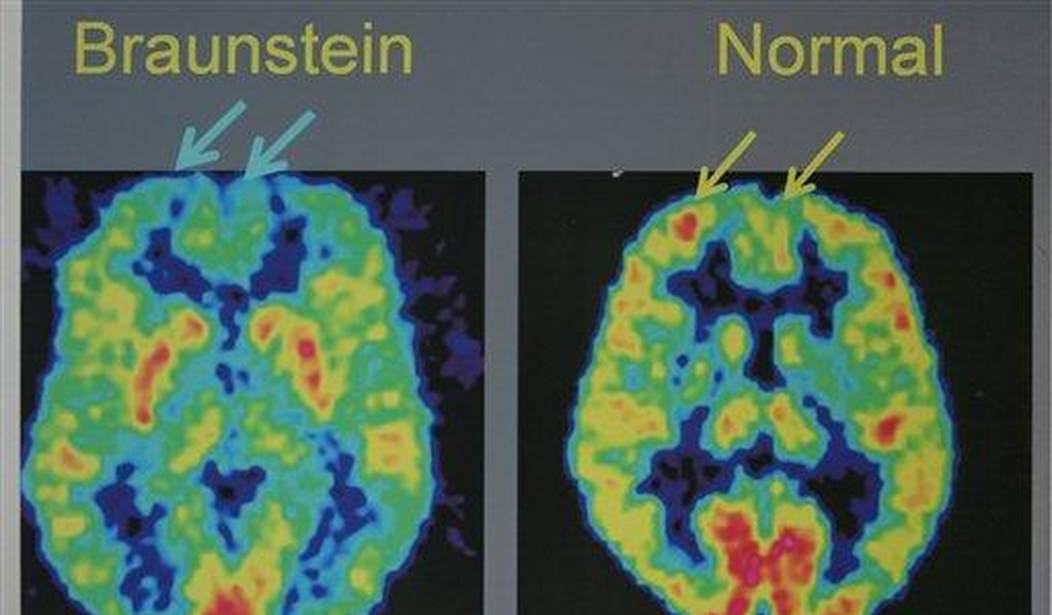Paging Dr. Frankenstein. Please pick up one of the white courtesy phones.
We’ve already covered stories of scientists who have been growing “organoids” in laboratories. We’re talking about miniature models of human organs, typically developed from stem cells. Some of this research holds the promise of revolutionary changes in the medical field of organ transplants, potentially eliminating the need for human donors and eliminating the risk of organ rejection. But things become significantly more creepy when the organ in question is a human brain. And in this story from The Debrief, we learn of a research group that’s doing precisely that, but it’s not being done to help human patients. They want to build “biocomputers” driven by human brain cells. What could possibly go wrong?
Artificially grown masses of cells or tissue known as “organoids” could represent the next wave of innovation in modern computing through biocomputation and may also potentially supplement advances in artificial intelligence, according to a Johns Hopkins University team.
Recent advancements in “organoid intelligence,” as the researchers call it, could take the field of biocomputing well beyond the current limits of computation, according to Thomas Hartung, a professor of environmental health sciences at Johns Hopkins’s Bloomberg School of Public Health and Whiting School of Engineering, who along with colleagues published their work in the journal Frontiers in Science in late February…
Hartung and his team envision a variety of potential uses for their lab-grown “brain in a dish” method of generating organoids with brain-like functions. These include supercomputing without the unsustainable energy demands that the current state of the technology requires.
The Johns Hopkins professor who published this study points out that we’ve made incredible advances in computing using quantum computing and artificial intelligence. But, he cautions, “they are reaching a ceiling.” The fastest, most powerful computers in use today, such as the Frontier supercomputer are doing amazing things. That massive beast in Kentucky takes up 6,800 square feet of space, cost $600 million to build, and eats up vast amounts of electricity to operate it. And yet it’s barely faster than a human brain.
Because of that, this new wave of scientists hopes to build up “brains in a dish” to power the next generation of computers. They claim this technology might open the door to a new generation of “nonhuman intelligence.” But first of all, if it’s built on human brain cells, is it really “nonhuman” in nature? And more to the point, should you really be doing this to begin with?
We’ve covered this trend in science here previously and it’s clearly fraught with ethical dilemmas (not to mention just being creepy as hell). Scientists have already grown miniature human brains that began developing primitive eyes. There’s a tech firm in Israel that wants to grow human embryos so they can harvest their organs. Are we all okay with this?
Thomas Hartung seems to think this plan should be clear sailing because it will “allow researchers to glean new insights into the function of the human brain by allowing researchers to experiment in ways prevented by ethical boundaries.” Ya think? Still sounds like there might be some ethical boundaries in play here, doctor.
Those brain organoids with eyes that I mentioned above started producing brain waves very similar to those detected in a human fetus that is fairly far along in its development. Are these “brains in a dish” doing that? Has anyone checked? And if they are, doesn’t that at least suggest that they might be, you know… thinking? Can you simply do lab experiments and chop up a human brain that’s engaging in thought? Can you lock it into a computer forever? Have none of these people watched Colossus: The Forbin Project?
This all just seems beyond problematic. And I can’t escape the feeling that we may be engineering our way into our own destruction as a species. Sadly, if we are, by the time we realize that the genie is out of the bottle it may already be too late.








Join the conversation as a VIP Member